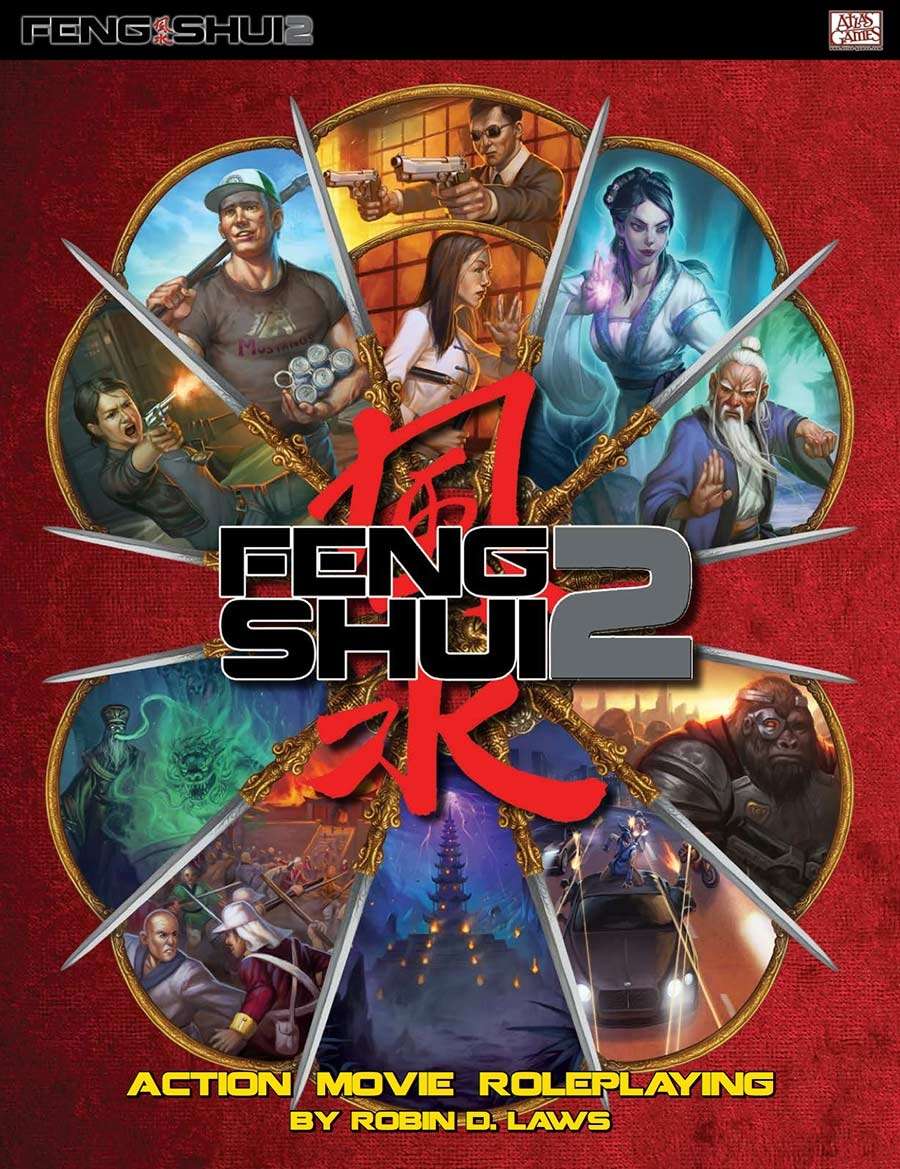So you’re a GM who wants to run a new gaming system. Maybe you’re a little intimidated because it’s more complex than anything you’ve run before. Maybe it’s your first time prepping to run a game you  haven’t previously played. Maybe it’s just something new.
haven’t previously played. Maybe it’s just something new.
In any case, you want the process to go smoothly. And you want to make as few mistakes as possible. (Although Step #0 is really accepting that mistakes will happen, and that’s okay. That’s part of the process.)
Step #1: Read the Rulebook. Cover to cover. I’m afraid there’s no cheating around this and no shortcuts. If you’re lucky, the RPG you’ve chosen will have a well-organized rulebook, but the process of mentally “touching” every page of the book will not only prevent you from missing a rule entirely, it will also begin constructing a mental map of the rulebook which will allow you to look up information inside it more quickly.
Step #2: Cheat Sheets. Make a cheat sheet. It’s real easy to fake mastery of a rule system when you have it all laid out six inches in front of your face. The act of creating a cheat sheet also enhances your own learning process: It involves “touching” every part of the system a second time, and also requires you to mentally engage with that system and really understand what makes it tick. (A lot of RPGs are also terrible when it comes to technical writing, and the act of boiling a messy text down into a clear cheat sheet will also result in you pre-resolving difficult cruxes that would otherwise booby trap you during play.) The cheat sheet will also often suss out those weird rules that RPG manuals leave lying about in dank corners.
Step #3: Run a One-Shot. If I’m interested in running a long-term campaign in a given system, I’ll virtually never start by jumping directly into that campaign. I’ll run a one-shot (usually with pregens). It allows both me and the players to work out the kinks, and the players gain a lot of valuable context when it comes time for creating their long-term characters.
Step #4: Co-Opt Player Expertise. Do so in every way you can. That includes, “Bob, can you look up the rule for pugilating people?” It also includes defaulting to, “Anybody know the rules for pugilating people?” (instead of defaulting to looking it up yourself). There’s sneakier stuff, too, like, “I can’t figure out how to beat the PCs when they use ability X. So I’m going to design a bunch of bad guys who use ability X, and I’ll see how the players deal with it.”
Step #5: Rules Highlight Sessions. This is something I originally discussed in Random GM Tips: Running the Combat, but for any game with a lot of specialized sub-systems, I’ll very specifically design sessions which highlight a particular sub-system so that we can, as a group, get a lot of focused repetition using it. Often groups struggle with these sub-systems because they only come up once every four or five sessions, which means every time they come up you’ve forgotten the last time you muddle through them and you end up muddling through them again. Having problems with grappling? A whole scenario based around grasping gorillas and their pet pythons will usually lock those rules in for the group. You’ll have increased expertise across the entire group.
Step #6: Set a Reference Time Limit. If you find yourself getting frequently bogged down in the new rules, set a time limit. If you can’t find the answer you’re looking for in 30 seconds (or 60 seconds or whatever feels right to you), make an arbitrary ruling and move on. Be open and clear about what you’re doing with the players, and make a note to review those rules after the session. Then, before the next session, review the correct rules with the group.
Step #7: Identify Your Hierarchy of Reference. This is something I originally discussed in the Art of the Key, but you should try to prep your scenario notes so that everything you personally need is on the page. (This can tie in well with #5.) Where the system cheat sheet gives you the core rules at your fingertips, this technique puts the relevant class abilities, superpowers, creature features, and similar character-specific abilities that are pertinent to the current situation at your fingertips. Over time, recognize when you’ve mastered certain material so that you can refocus your notes on just the stuff that you need now (i.e., “I now know what the Spring Attack feat does, so I can stop copy-pasting that into the NPC stat blocks.”)

















